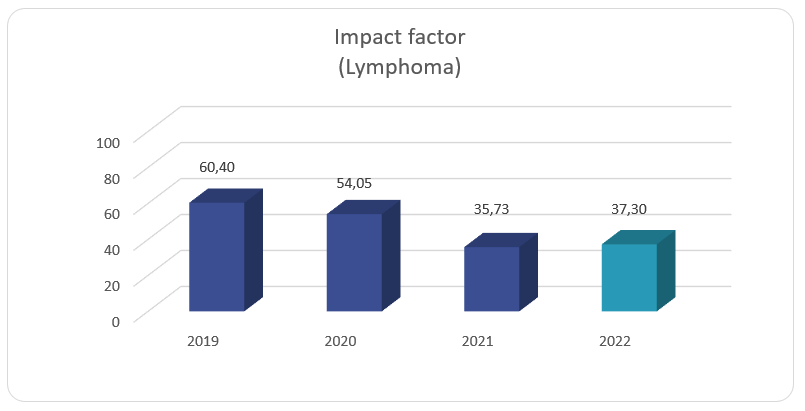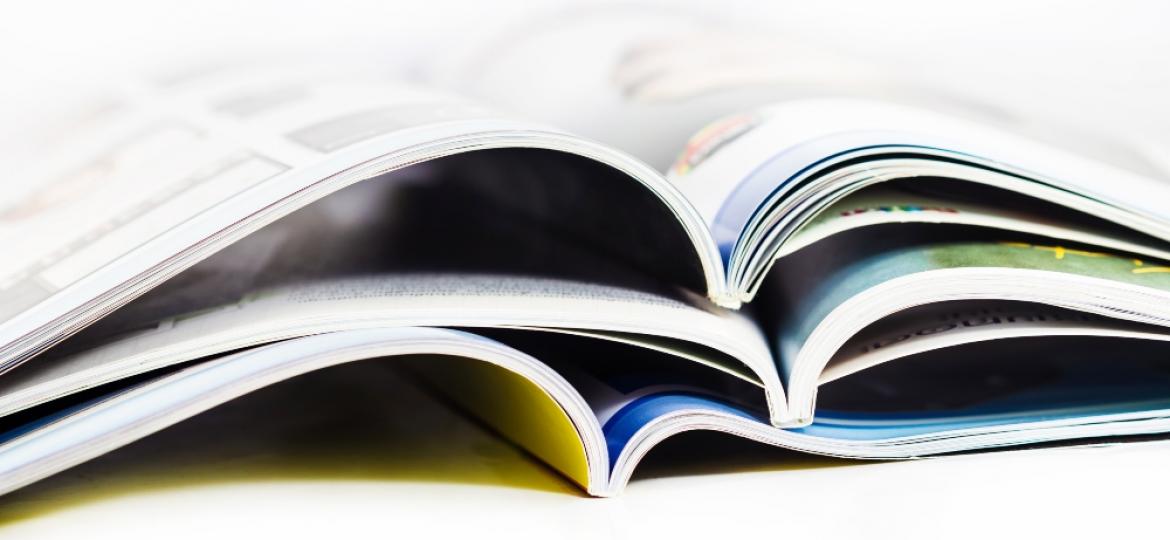Scientific report 2022 of the Lymphoma Working Party (LWP)

Major achievements
In 2022 the LWP was able to improve their performance in the most important field of CART therapy. Two projects – TransCART (CART and allo SCT in 3L treatment of LBCL) and CART in r/r LBCL with CNS involvement were selected by the GOCART coalition for funding as high priority projects. The TransCART project showed first results. IPI at time of cell therapy was established as important prognostic tool. CART therapy is especially effective in patients with r/r LBCL and limited adverse prognostic factors. In high-risk r/r LBCl is still a mostly unmet medical need as the relapse incidence (RI) of CART is high (> 60%). Due to its high anti-lymphoma activity but high toxicity allogeneic SCT remains a valuable therapeutic modality e.g. after CART failure. An analysis of the results of allogeneic SCT in DLBCL over time confirmed the high anti-lymphoma activity of allogeneic SCT with a 3-years cumulative RI of 39% in all risk groups. PFS and OS improved significantly over time with a 3-years PFS of 36% and OS of 44 % in the last cohort (2015-2019) analysed.
In trying to place CART results appropriately at international congresses (and probably later in leading journals) it became obvious, that retrospective analysis generally have difficulties to compete with any kind of prospective data. Only first analysis in an attractive field may be successful and EBMT has difficulties to compete with national registries in terms of timely production of scientific results. One potential way to solve these problems is collaboration with the pharmaceutical industry and involvement in prospective studies or working with results of prospective studies. One example of such a collaboration is a project that compares the results of CART treatment in r/ mantle cell lymphoma obtained in a clinical study (ZUMA-2) with results of allogeneic SCT as registered by the EBMT.
Another group of studies focusses on Hodgkin's lymphoma and the embedding of cellular therapy onto complex treatment algorithms with other modern non-cellular therapies. A joint EBMT / CIBMTR analysis showed that prior use of checkpoint inhibitors significantly improves the results of subsequent allogeneic SCT substantially and may establish a new stand of care for advanced r/r HL. Ongoing projects focus on the role of CPI and Brentuximab vedotin prior and after autologous SCT.
In fields in which the success of new agents is missing, analysis of classical allogeneic and autologous SCT remains of major importance for clinical decision-making. One of these fields is treatment of T cell lymphoma. We started a couple of analysis on the role of allogeneic and autologous SCT in T-NHL and other rare diseases. With the largest cohort of patients analysed so far we could show that allogeneic stem cell transplantation is of high efficacy and curative potential in treatment of r/r NK/T cell lymphoma with a long term PFS of around 50%.
Principal research studies

| 2019 | 2020 | 2021 | 2022 | |
|---|---|---|---|---|
| Oral presentations | 7 | 1 | 1 | 2 |
| Poster presentations | 4 | 0 | 0 | 3 |
| Educational events | 1 | 1 | 1 | 1 |



